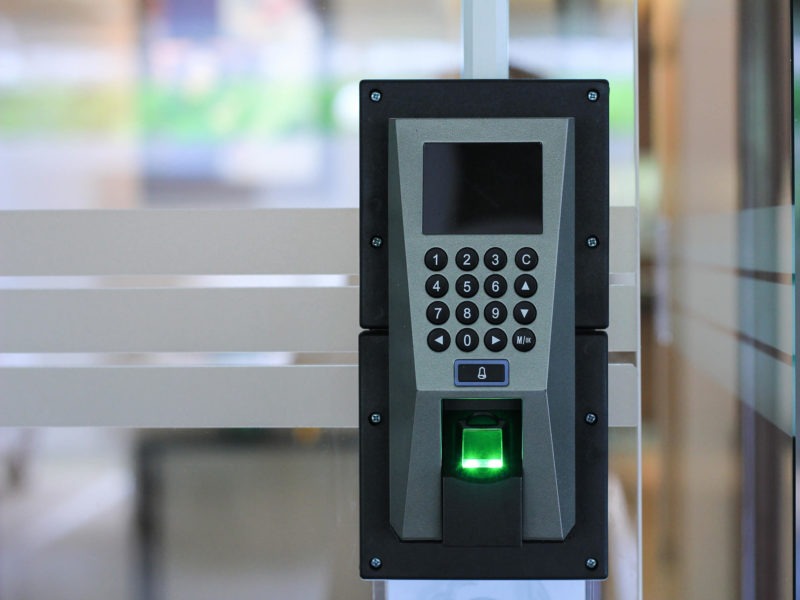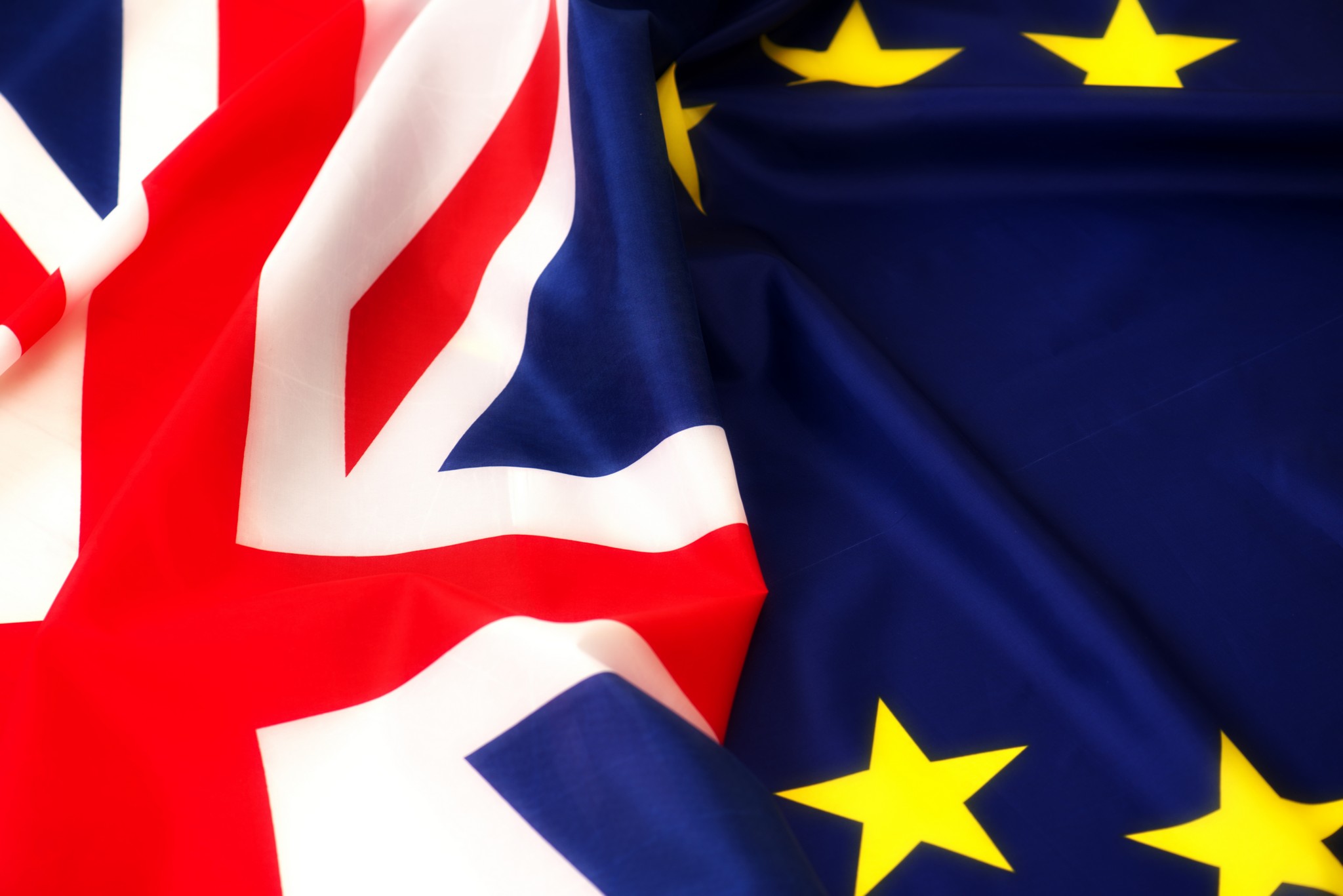I doubt there are many who have not heard of Brexit. At the time of writing, some few weeks before the UK is due to leave the EU, the UK’s political system seems to be in meltdown with the latest deal proposal just rejected by the UK Parliament, and a request for a short extension of Article 50 until the end of June has just passed. Having said that what does all of this mean for the security industry?
Business as usual, according to experts
The Rt. Hon. Ben Wallace MP, the UK Security Minister, in a speech at the International Security Expo in London in November emphasised that the UK would do everything to maintain “an ambitious future security relationship” and “a comprehensive and close reciprocal law enforcement and judicial cooperation in criminal matters” with the EU.
Peter Franciscus Van-Osselaer, Head of Operations, European Counter Terrorism Centre, EUROPOL told me that, “even in the event of a ‘no deal Brexit,’ the UK had in place bilateral and other agreements to ensure security working arrangements would remain as close to as they are today with the UK in the EU. No one, not on the UK side or the EU side, wanted to lose the working relationship that was in place today.”

The European security architecture
With the UK’s history of dealing with terrorism, principally with the violence in Ireland, our processes, procedures and techniques were seen as the model to follow for safe border control. The UK even played a leading role in developing the pan-European security architecture.
With the UK being the only ‘5 eyes’ member in the European security architecture, their involvement was seen as the ‘bridge’ to enable wider intelligence from the US and the other 5 eyes partners (Canada, New Zealand and Australia) to contribute to wider intelligence assessments.
This security architecture contains:
- Europol, the European Union Agency for Law Enforcement Cooperation;
- Eurojust, which facilitates judicial cooperation in criminal matters among agencies of the member states;
- The Second-Generation Schengen Information System (SIS II), which enables agencies of the member states to enter and consult alerts on persons or objects;
- The European Arrest Warrant (EAW), a simplified cross-border judicial surrender procedure that replaced the lengthy extradition procedures that used to exist between EU countries;
- The European Criminal Records Information System (ECRIS), which connects national criminal databases and allows for information exchange;
- The Prüm Decisions, providing for the automated exchange of DNA, fingerprints and vehicle registration data;
- Passenger Name Records (PNR), passenger information collected by airlines that is compared against law enforcement databases and shared with Europol and agencies of the member states.
In the scenario of a no-deal Brexit, the UK government says it is going ‘to work together to identify the terms for the UK’s cooperation with Europol and Eurojust.’
Brexit’s impact on the security industry
Looking away from the political implications, Brexit is also on the minds of security manufacturers, distributors and the frontline security industry constituents. Their views reflect the very real difficulties businesses are having in preparing for something, the implications of which are even unknown at government levels.
Security manufacturers playing the waiting game
John Davies, the owner of the leading access control manufacturer TDSi, said, “Brexit uncertainties are beginning to slow activity in the construction sector and have already had an effect on investment planning among UK companies. It’s the uncertainty of exactly what form that Brexit will take is the issue. Once this is known, effective planning can take place. In the absence of knowledge, plans are held in abeyance.”
Francesca Boeris, Managing Director at Comelit Group UK, a global security manufacturer, succinctly summed up the reality when she said, “The outcome of Brexit and uncertainties mean the industry has to ensure correct strategies are in place to minimise any disruption.”
Global security companies are concerned
Jarod Booth, Strategic Supplier Relationship Manager – Security, from the leading global security solutions distributor, Anixter said, “It’s a challenging time for international companies trying to gauge and prepare for the business impact of Brexit on their organisations. Anixter has established a Brexit team who are closely monitoring the situation and preparing our business for the various scenarios that may arise.”
He went on to add, “As a supply chain expert, it’s critical for us to be close to our customers, around the world. Because we have physical presence and warehousing across EMEA we feel we are in a position to be able to mitigate any adverse effects of Brexit in any form and continue the high-quality service delivery we are known for.”
Frontline security staffing woes
Mike O’Sullivan and Rollo Davies, from the frontline security industry and the minds behind The Professional Security Officers Magazine said, “companies are having difficulty in recruiting suitable frontline corporate security officers. Unfortunately, despite the usual rules of supply and demand, there is a huge resistance against offering better pay to attract the required staff, and many organisations are simply restructuring their security departments in an attempt to do more with less.”
They agreed that, “the Brexit effect on the security industry was probably going to be negligible. However, it gives an opportunity for better legislation to protect frontline staff and improve overall qualification and registration standards. Whether that opportunity will be realized is a different matter.”
Preparing for the worst
What is clear with regard to Brexit is that nothing is clear and there will be a limited impact on the security industry at all levels. However, in an information vacuum, most organisations and industries have prepared as much as they can to mitigate the impact whatever deal or no deal scenario becomes the final outcome.



